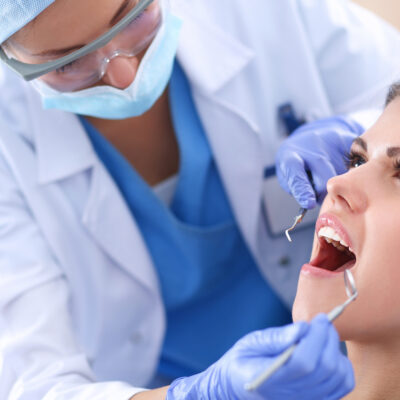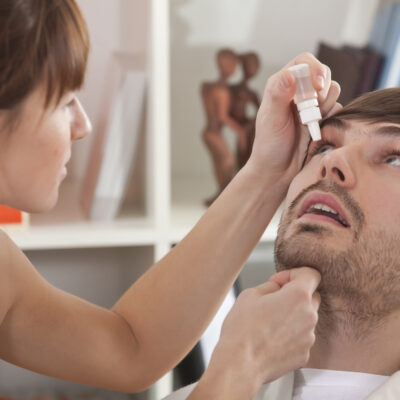
Medications and therapies for managing the symptoms of Tourette syndrome
Tourette syndrome (TS) is a neurological disorder that typically starts in early childhood or adolescence. It is a condition that causes people to make sudden movements or sounds called tics, which they can’t control. There’s no permanent cure for Tourette syndrome, but better treatment helps in managing the symptoms. There are certain medications and therapies that would help in relieving the symptoms. They are as follows:
Medications
Botulinum (Botox) injections: Botox injections are used to treat both vocal and motor tics. It is injected into the affected muscle, which might help relieve motor or vocal tics.
ADHD medications: Generally, ADHD is characterized by poor attention span. Stimulants such as methylphenidate (Metadate CD, Ritalin LA) and medications containing dextroamphetamine (Adderall XR, Dexedrine) help in increasing the concentration and attention.
Central adrenergic inhibitors: Medications such as clonidine and guanfacine (Intuniv) normally used to control high blood pressure or hypertension might also help in controlling behavioral symptoms such as rage attacks and impulse control problems.
Antidepressants: Antidepressants such as Fluoxetine generally helps in controlling the symptoms of sadness and anxiety. It is also used to treat obsessive-compulsive disorder (OCD) and bulimia.
Neuroleptics: This medication can be taken orally or by injection. They are effective in treating moderate to severe symptoms by blocking the effects of dopamine (a chemical released by nerve cells to send signals to other nerve cells) in the brain.
Therapies
Behavior therapy: Behavioral therapy is a common treatment to help people with Tourette syndromes. There are two types of behavioral therapy to reduce tics. They are
- Habit reversal training – involves working out the feelings that trigger tics
- Exposure with response prevention (ERP) – techniques that are used to control the urge to tic
Psychotherapy: Psychotherapy helps with the accompanying problems of Tourette syndrome, such as ADHD, OCD, depression, or anxiety. It also helps the patient with Tourette syndrome to cope with the psychological effects of the condition.
Limbic leucotomy: In limbic leucotomy, an electric current of radiation is used to burn away a small part of the limbic system. This therapy is responsible for supporting a variety of functions including emotion, behavior, motivation, and long-term memory.
Deep brain stimulation (DBS): DBS is a new surgical process that serves as a potential treatment for Tourette syndrome. In DBS, an electric pulse to the brain is delivered directly to help moderate abnormal signals associated with Tourette syndrome. The electric pulse comes from an electrode that is implanted in the brain and connected to a pulse generator through a cable. The cable and generator are also surgically implanted in the body. The electrical stimulation is delivered to targeted areas that control movement and help in reducing the tics. However, this therapy is still being researched to determine its effectiveness.
There is no such treatment needed for Tourette syndrome. However, medical treatment is suggested when symptoms cause psychological distress or physical pain or interfere with professional functioning. These prescribed therapies and medications will help with symptom management.


